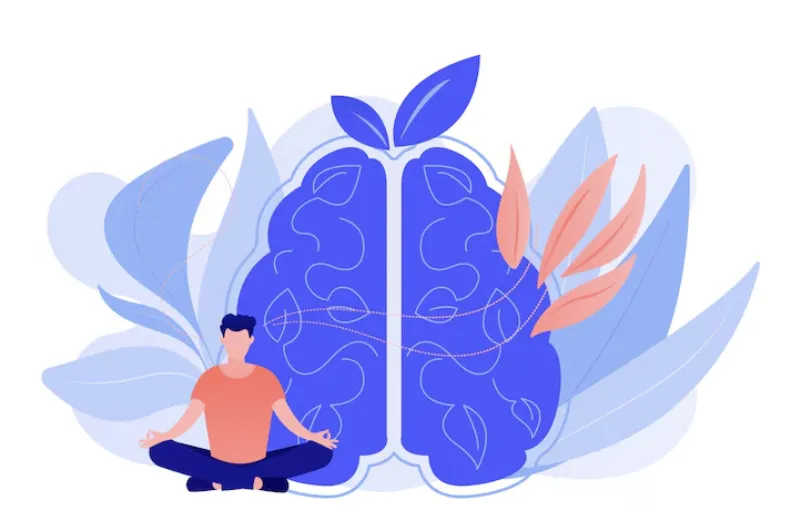The Power of a Healthy Mind

The Power of a Healthy Mind: How to Cultivate Mental Well-being
In today's fast-paced world, maintaining a healthy mind is just as crucial as caring for our physical health. A sound mind enhances our ability to handle stress, build strong relationships, and lead a fulfilling life. Here are some essential strategies to cultivate mental well-being.
1. Practice Mindfulness and Meditation
Mindfulness involves being fully present in the moment and accepting it without judgment. Daily meditation can help reduce stress, improve focus, and promote emotional balance. Even a few minutes of deep breathing or guided meditation can make a significant difference in mental clarity.
2. Stay Physically Active
Physical exercise not only benefits the body but also enhances mental health. Regular physical activity releases endorphins, which are natural mood boosters. Activities like walking, yoga, and dancing can reduce anxiety, depression, and stress.
3. Maintain a Balanced Diet
A nutritious diet plays a vital role in brain function. Foods rich in omega-3 fatty acids, antioxidants, and vitamins support cognitive function and emotional well-being. Consuming whole grains, fruits, vegetables, and lean proteins helps sustain energy levels and mental sharpness.
4. Get Quality Sleep
Sleep is essential for cognitive function, memory consolidation, and emotional regulation. Poor sleep can lead to increased stress, irritability, and decreased focus. Establishing a consistent sleep schedule and creating a relaxing bedtime routine can enhance sleep quality.
5. Build Strong Social Connections
Humans thrive on meaningful relationships. Spending time with family, friends, and supportive communities fosters emotional well-being. Engaging in positive social interactions can reduce feelings of loneliness and improve overall mental health.
6. Engage in Lifelong Learning
Keeping the mind active through continuous learning and intellectual challenges enhances cognitive abilities. Reading, solving puzzles, learning new skills, or exploring creative hobbies like painting or music can stimulate mental agility and boost confidence.
7. Manage Stress Effectively
Chronic stress negatively impacts mental health. Techniques like deep breathing, journaling, and engaging in relaxing activities can help manage stress levels. Setting realistic goals and prioritizing self-care are also crucial in reducing stress and maintaining balance.
8. Seek Professional Help When Needed
There is no shame in seeking professional guidance. Therapists and counselors provide valuable support for individuals struggling with mental health challenges. Speaking to a professional can offer clarity, coping strategies, and emotional relief.
A healthy mind is the foundation of a fulfilling life. By integrating mindfulness, physical activity, balanced nutrition, and meaningful relationships into daily routines, we can build resilience and cultivate mental well-being. Prioritizing mental health leads to a happier, healthier, and more productive life.





